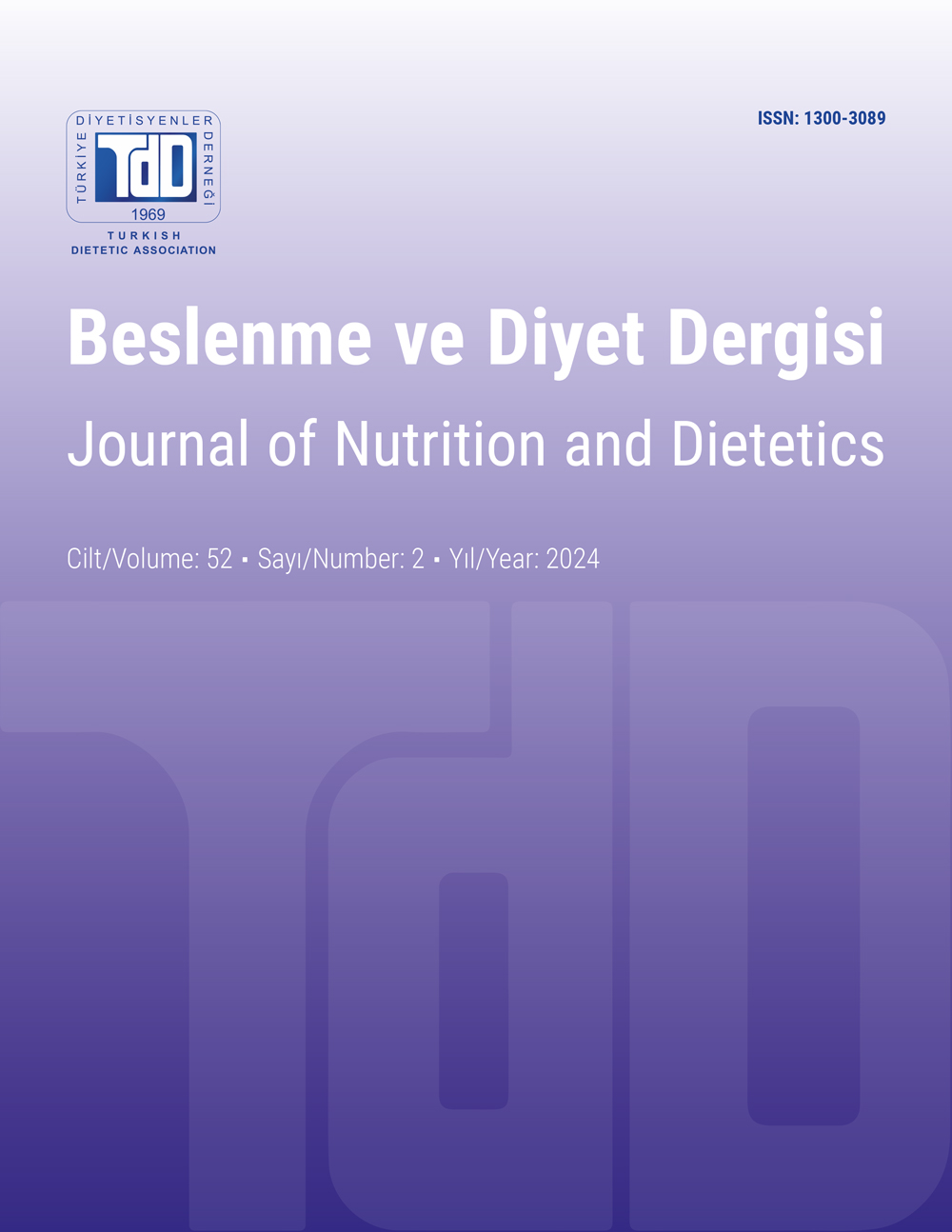Impact of Plastic Migration from Food Packaging on Non-Communicable Chronic Diseases
DOI:
https://doi.org/10.33076/2024.BDD.1852Keywords:
Plastic, migration, non-communicable chronic diseasesAbstract
The use of plastics is common in materials that come into contact with food, such as food packaging. Monomers found in plastics, intentional and unintentional added substances, micro and nano plastics can migrate into foods. Migration is the mass transfer of chemical compounds. The nature of the packaging, the type of the food, the amount of migratory material in the package, contact temperature, the state of the polymer matrix, exposure time, the properties and the type of the migrating material affect migration from plastics to foods. Studies have reported that plastics can cause non-communicable diseases such as cancer, obesity, diabetes and cardiovascular diseases in addition to their endocrine disrupting properties. These diseases are associated with various chemicals and materials that come into contact with food. Different packaging, such as bioplastic, glass, and metal, can be preferred instead of plastics. This study aimed to show the plastic migration, types and the effect of this migration on non-communicable diseases of plastics, which have been mostly focused on their endocrine disrupting properties until today.

